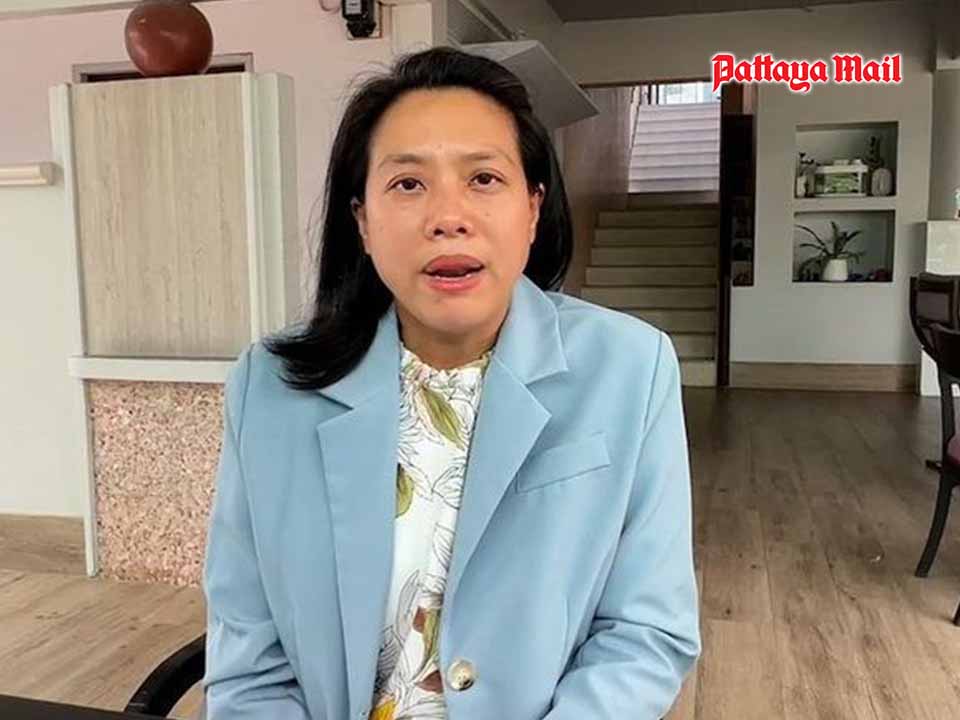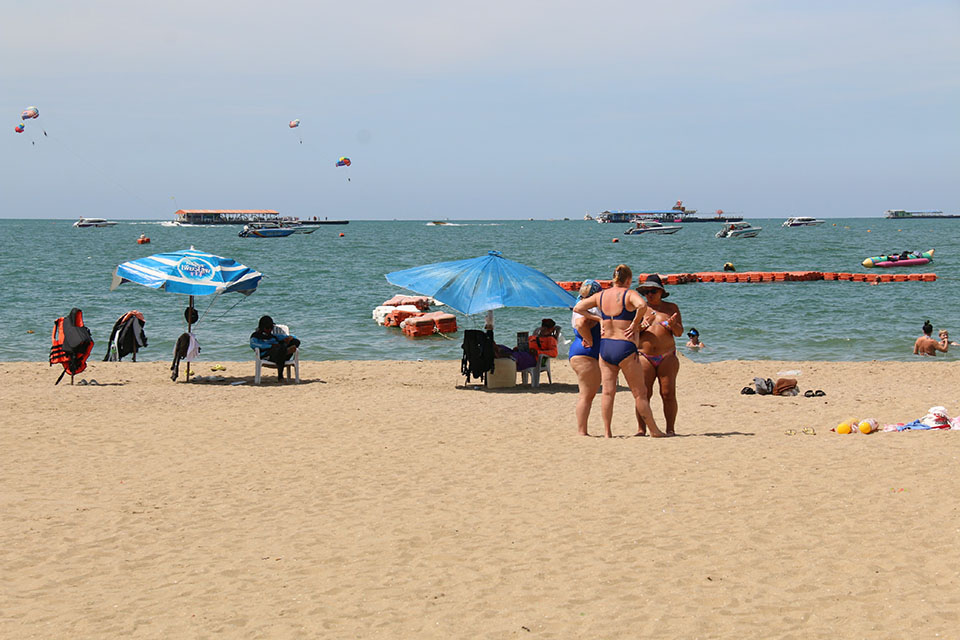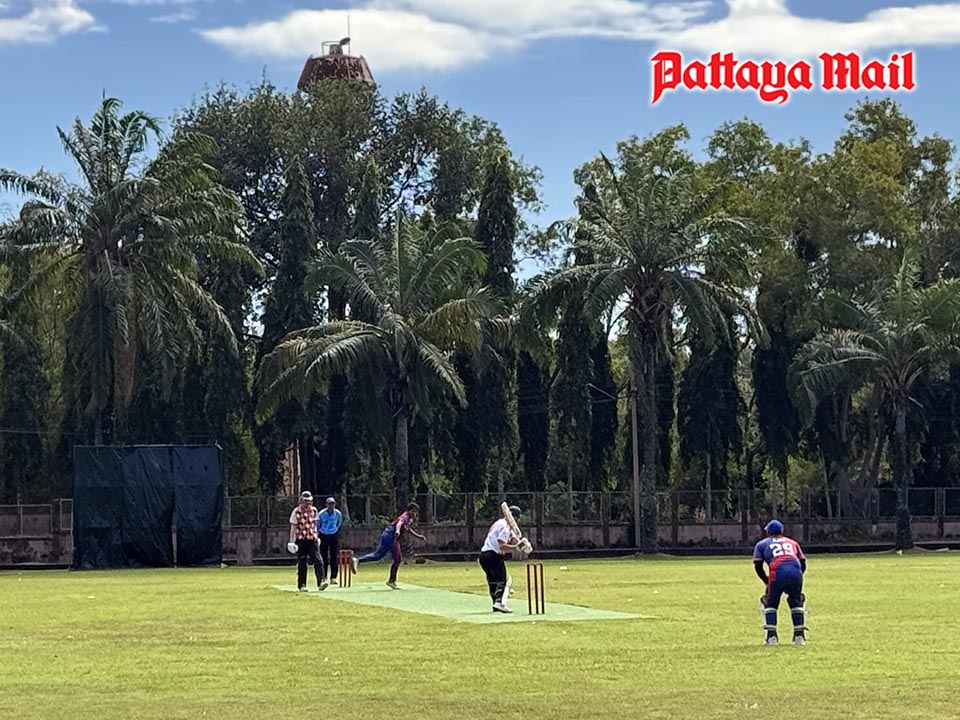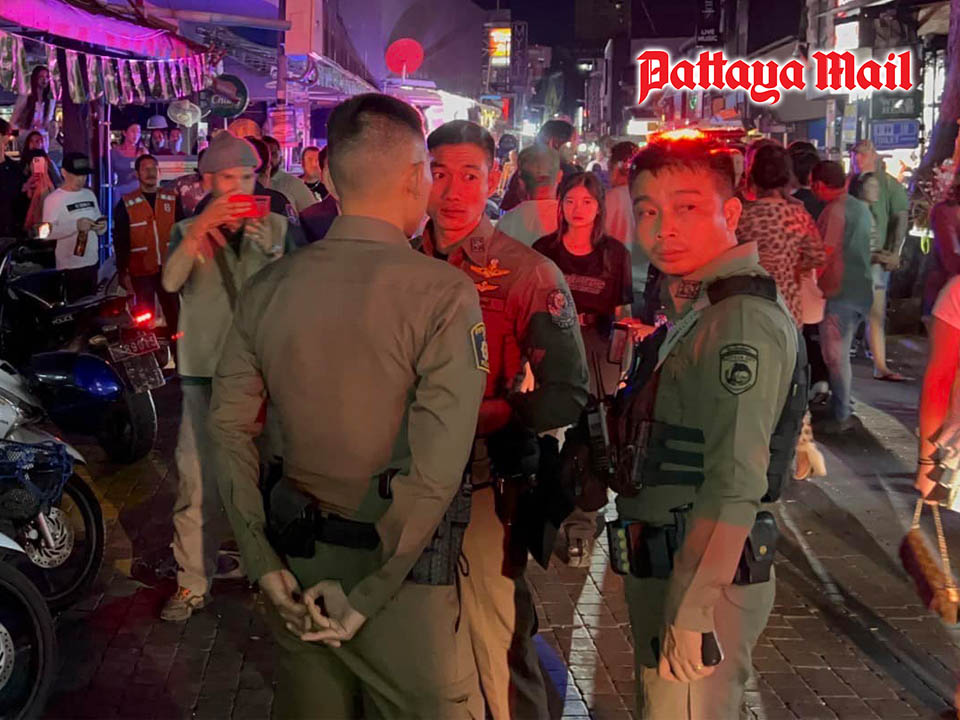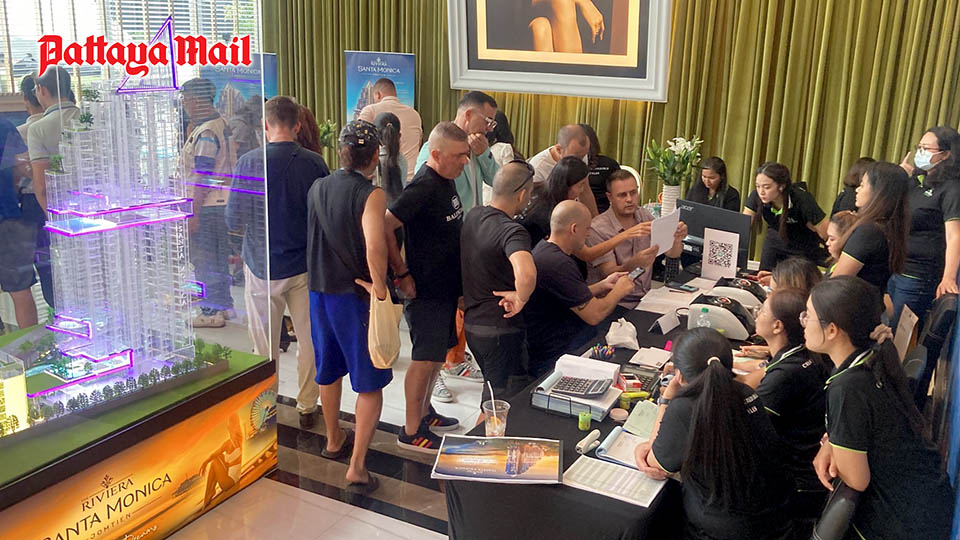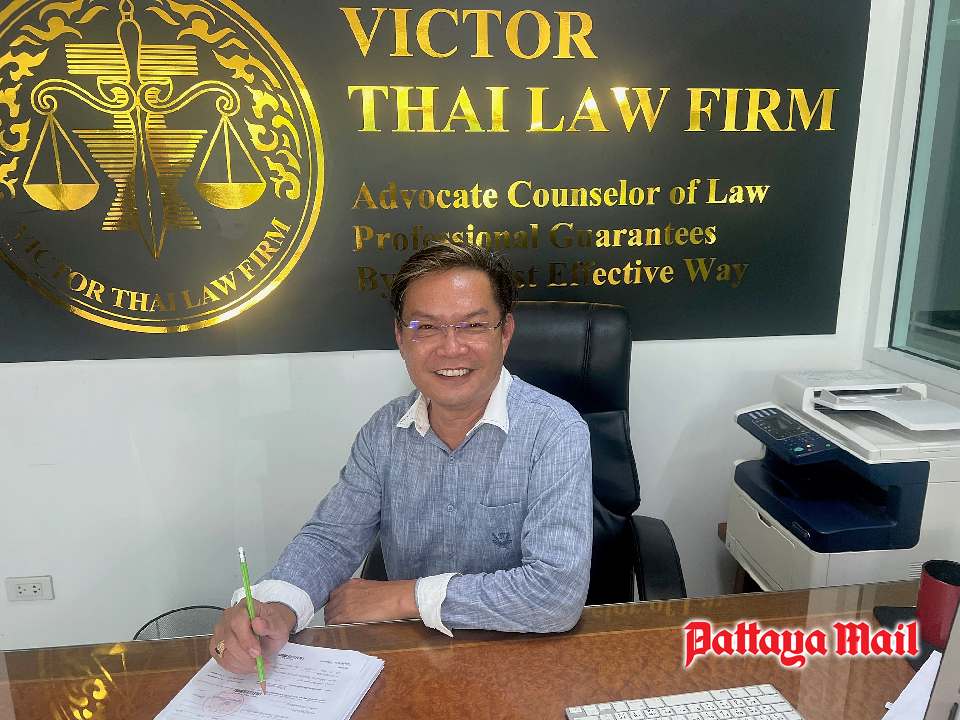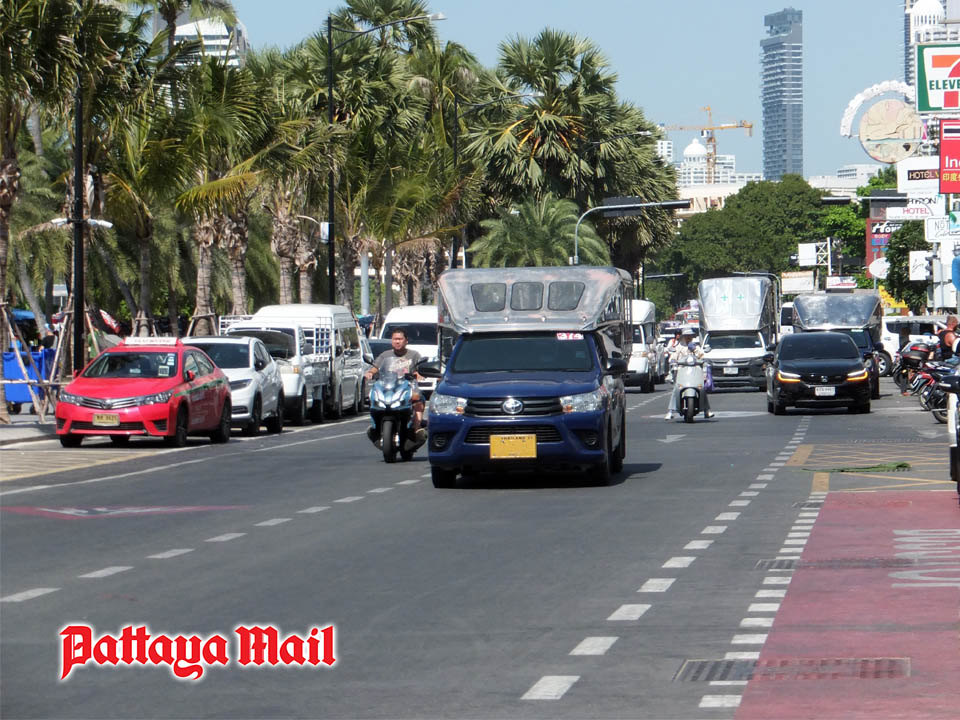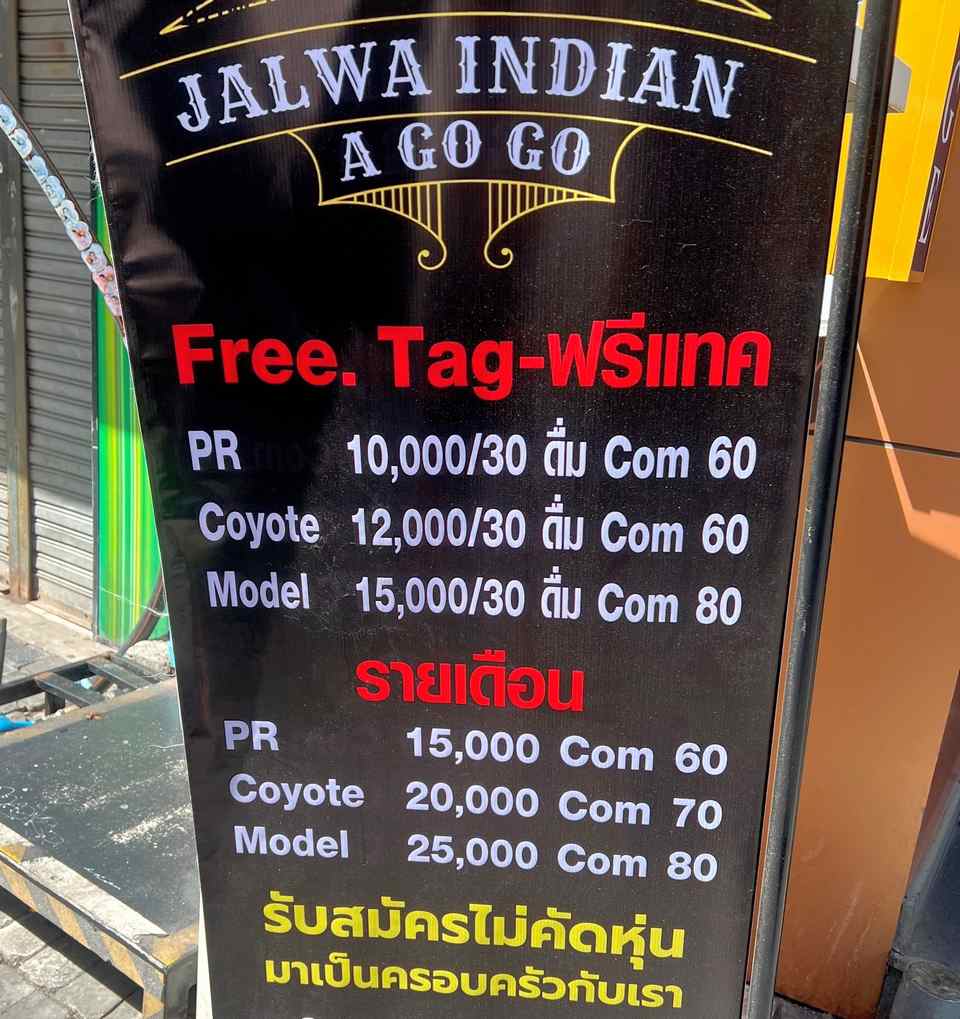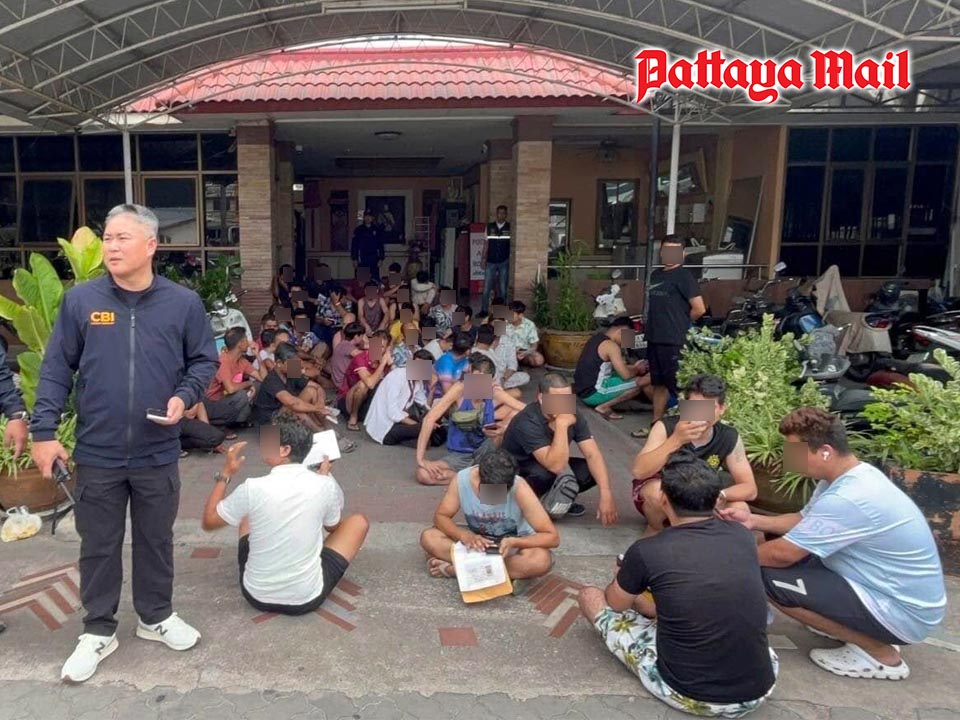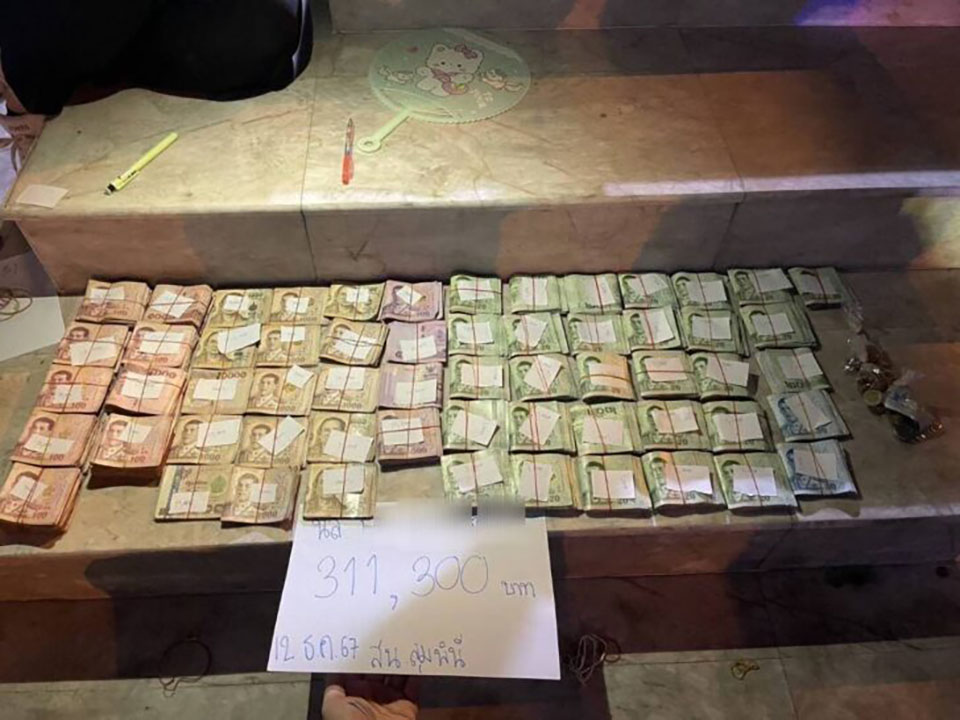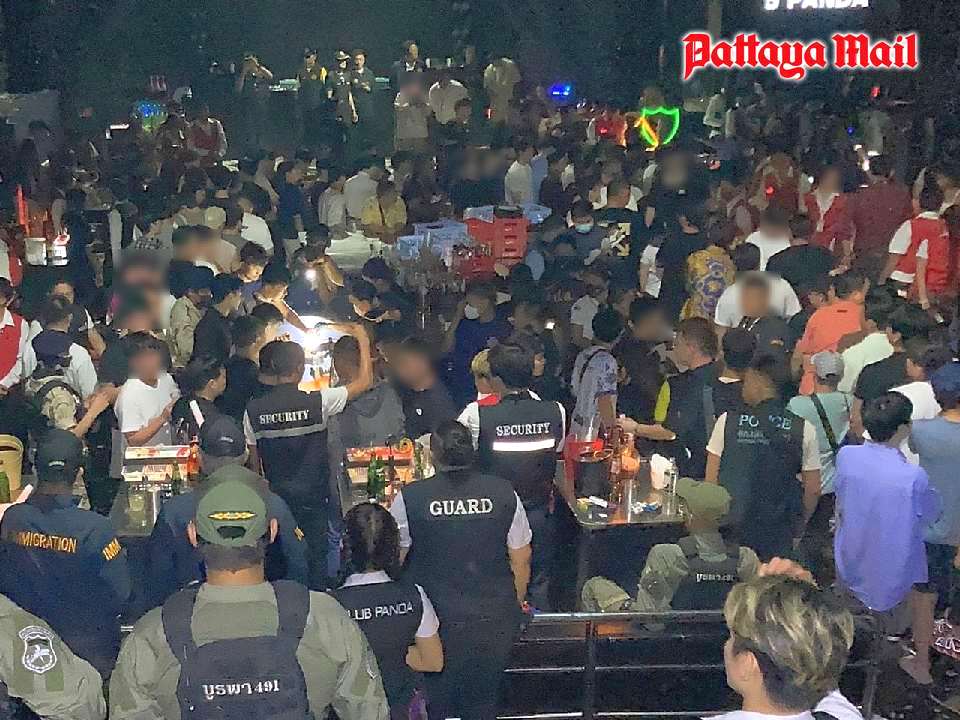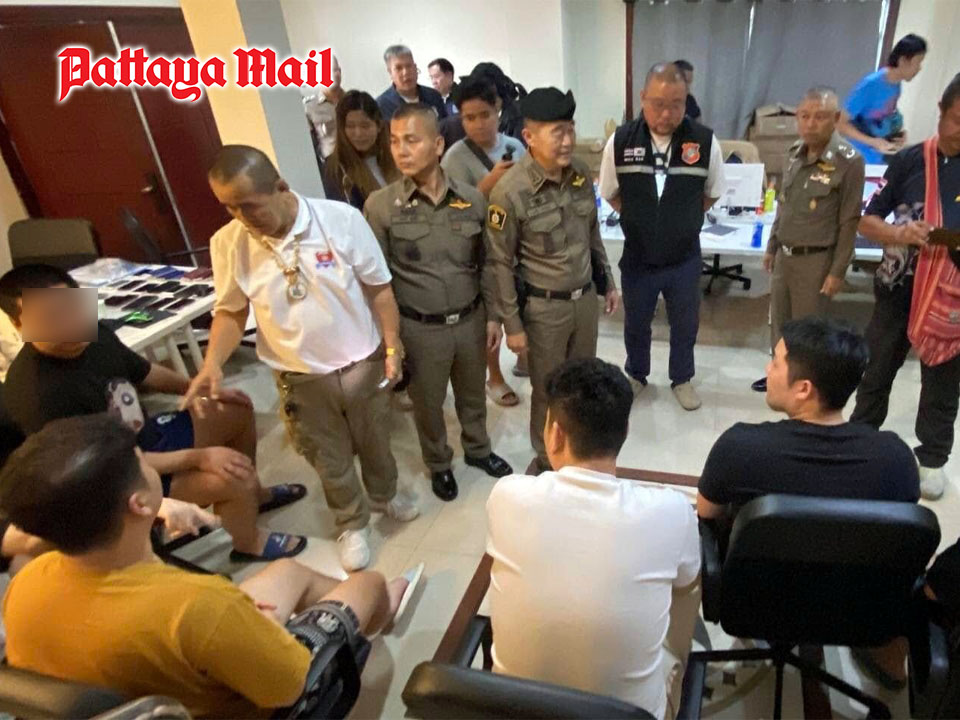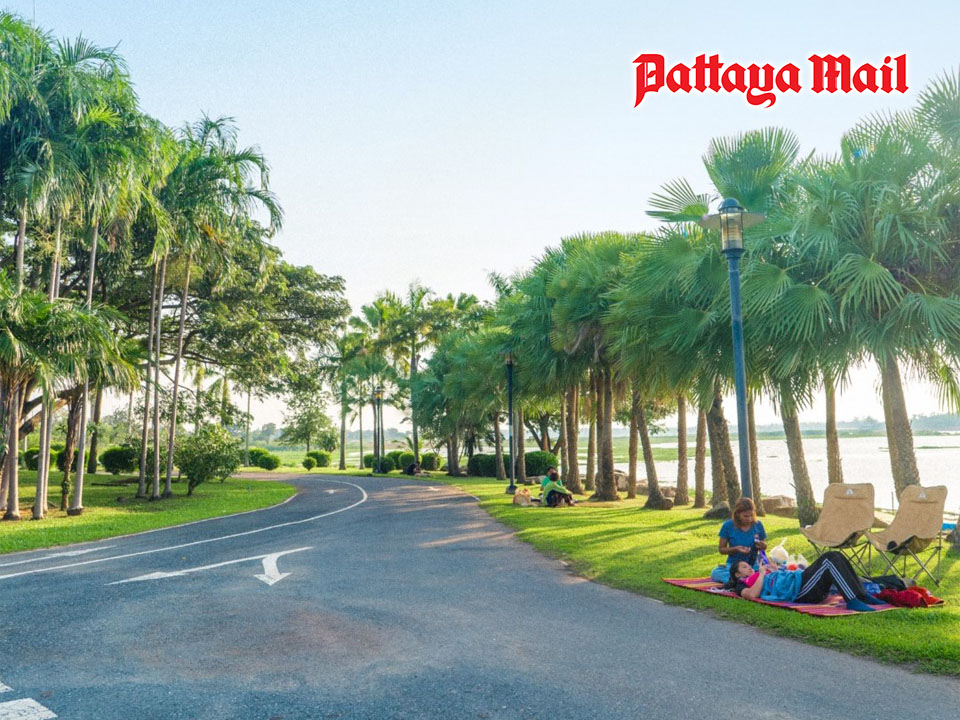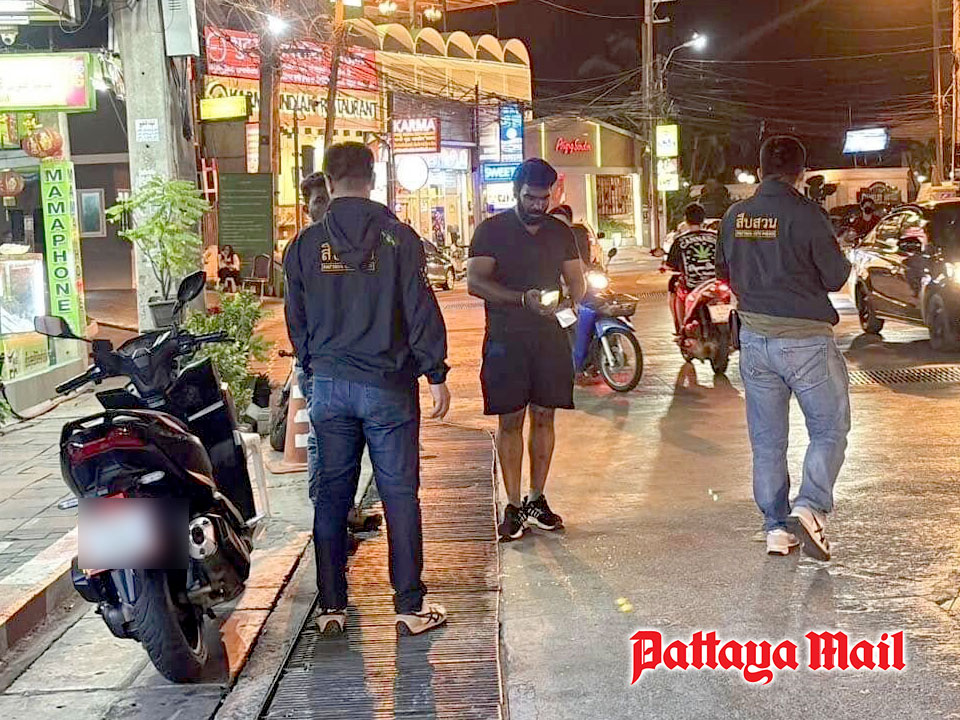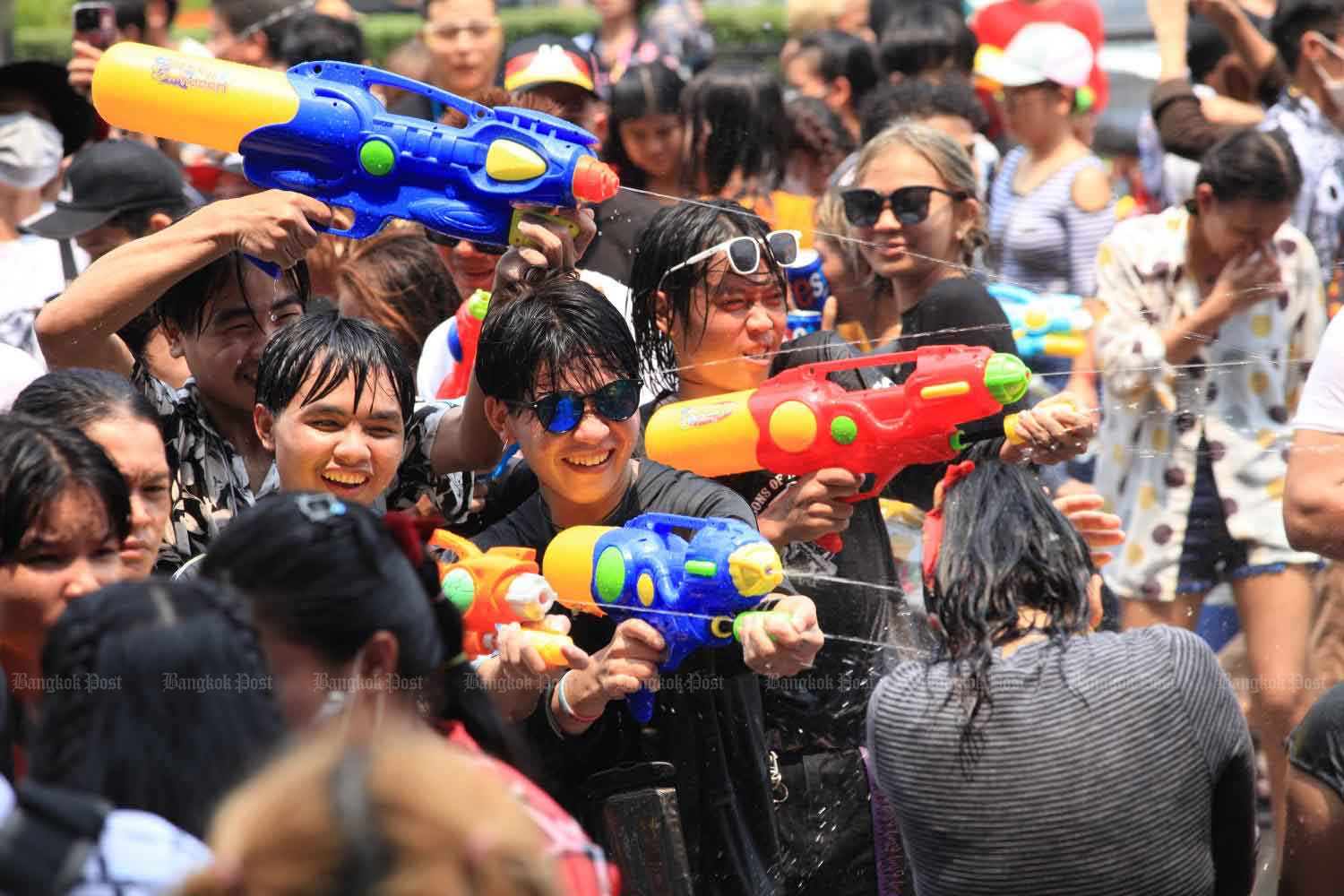This year’s three-week-long Songkran festival with festivities to take place across the country is expected to give tourism a much-needed boost as it is expected to bring in tens of billions of baht in tourism income.
The government and the private sector are planning to organise a host of Songkran Festival activities nationwide, particularly in major tourist destinations, such as Bangkok, Chiang Mai, Phuket and Pattaya, from April 1 to 21 after Unesco recently included the traditional Thai New Year festival on its Intangible Cultural Heritage of Humanity List.
The Bangkok Post met business operators and those involved in the tourism industry for talks on whether it is realistic to hold the Songkran festival for such an extended period and what activities will be organised to keep entertaining tourists during the three-week-long festival and bring tourism revenue.
PM2.5 concern in Chiang Mai
La-iad Bungsrithong, adviser to the Thai Hotels Association’s Northern Chapter, expressed concern the PM2.5 pollution haze currently choking Chiang Mai may discourage visitors ahead of the Songkran festival.
It remains to be seen whether the haze situation will improve before Songkran, she said.
However, she hopes the number of visitors to Chiang Mai will increase as a result of the government’s vigorous campaign to promote the Songkran festival.
Ms La-iad said that local agencies and the private sector are working together to hold the Songkran festival in the northern province from today until April 17, which is longer than the usual three-day period of April 13–15 in previous years.
She said if the haze situation improves between April 12 and 16, the hotel booking rate is expected to reach 65–70% for more than 60,000 hotel rooms in Chiang Mai, where various types of accommodation are available for different groups of visitors. The occupancy rate is also expected to reach an average of 55–60% for the whole month of April, she added.
Chiang Mai is one of the key tourist destinations designated by the TAT to celebrate the holiday’s new status after it was recognised by Unesco as an intangible cultural heritage item, she said.
Another highlight of the Songkran festival in Chiang Mai is the traditional rite of collecting water from sources regarded as sacred in the northern province between April 4 and 9.
The collected water will then be delivered to Wat Prathat Doi Suthep for a blessing rite on April 10.
Later, the water will be distributed in bottles as gifts to locals and visitors to Chiang Mai from April 12–16 during the Songkran festival, Ms La-iad said. This traditional event has been held for four consecutive years now, she said.
A host of Songkran festivities will also be organised at other well-known tourist spots in Chiang Mai, such as Tha Phae Gate of Chiang Mai’s ancient city walls and Nimmanhaemin Road — a trendy and vibrant neighbourhood in central Chiang Mai.
The TAT’s Chiang Mai office estimated that more than 132,000 tourists will visit Chiang Mai between April 12 and 16.
Of them, more than 100,000 will be domestic visitors and the rest will be foreigners, bringing more than 1.2 billion baht in income.
Pattaya ready for festival
When it comes to Songkran, locals in Chon Buri celebrate their own version of the traditional Thai New Year, called “Wan Lai” (Flowing Day), after the end of Songkran festivities in other regions.
Pattaya City mayor Poramet Ngampichet said the Wan Lai festival in Pattaya will be held on April 19.
The first part of the event will be centred around Wat Chai Mongkol, focusing on the cultural side of the Songkran festival, including a ceremony to pour water on a Buddha image at the local temple.
The afternoon to evening session will run from 2pm until 11pm. Roads will be closed to traffic and Pattaya Beach will be turned into a modern entertainment zone, featuring a water fight for fun and renowned Thai and international DJs, singers and rock bands performing on stage, he said.
“There will be at least five performance stages along the Pattaya beach to entertain revellers,” Mr Poramet said.
He said that a local traditional rite, called the Kong Khao (Rice-Piling) festival, will be also held on April 20.
The ceremony is held in Chon Buri province to pay homage and seek blessings from guardian spirits and deities to ensure the well-being and safety of local communities.
In the ceremony, people dressed as angels or spirits parade through the town to receive food and snacks from residents sitting along the streets.
Last year, there were about 23 million visitors in Pattaya and the majority were Thais, Mr Poramet said, adding that more foreign tourists are expected to visit Pattaya this year after Covid-19 has eased and with the support of the government’s tourism campaign.
The hotel booking rate, particularly at beachfront areas, has reached 90% since the start of the year, with Chinese tourists forming the largest group of visitors to Pattaya, Mr Poramet said.
He added that more than 600 police, with the aid of security cameras installed across Pattaya City, will ensure tourists’ safety during the festival, while patrol boats will also be deployed to prevent any accidents in the sea.
Bhunanan Patanasin, president of the Pattaya Business and Tourism Association, said Pattaya City actually hosts cultural events and other activities throughout April every year, which corresponds to the government’s three-week-long Songkran festival.
“We will host the Wan Lai festival in Chon Buri’s Muang district on April 12. The festivals will also take place in tambon Nakluea in Bang Lamung district on April 18, in Pattaya on April 19, and the last days starting April 20 in Sattahip,” he said.
He also said local authorities have put in place safety measures to boost the confidence of revellers who will visit Pattaya during Songkran.
Damrongkiat Pinitkarn, secretary to the Entertainment & Tourism Association of Pattaya City, said that the three-week-long Songkran festival will be an opportunity for nightlife venue operators to make a fortune from tourists, with income expected to rise by 20–30%.
“Pattaya is known as a destination for nightlife entertainment. All nightlife venues are preparing for the extended Songkran festival. Operators of some big venues have hired international DJs to perform during the festival,” he said.
He added that the nightlife venue operators have also prepared measures to screen patrons for drugs, weapons and underage visitors.
Mr Damrongkiat also called on local police to set up more security checkpoints to prevent any untoward incidents during the festival.
Songkran on Khao San Road
Sanga Ruangwattanakul, president of the Khao San Road Business Association, welcomed the government’s 21-day-long Songkran festival, saying Unesco’s recognition of the festival helps promote its popularity.
However, he said that the private sector in Bangkok has little information about the details of the government’s plan to host activities in the capital over the 21-day period.
“The government must make clear when the events will take place, and where, so the TAT can promote the festival to attract tourists. The government seems to be quiet,” Mr Sanga said.
He said Songkran activities will be held at Khao San Road, the city’s most popular Songkran celebration site, for three days from April 13–15.
The water-splashing fun will be allowed to take place until 9pm during the three-day period.
“The festivities on Khao San Road are expected to draw about 100,000 visitors, and bring more than 100 million baht,” Mr Sanga said.
Sanan Angubolkul, chairman of the Thai Chamber of Commerce, also stressed the need for the government to publicise the three-week-long Songkran festival more vigorously to attract international visitors.
“The government should communicate more about the 21-day-long festival so tourists can visit several provinces where the festivals are held across the country,” he said.
B7bn expected for Phuket
Patong Mayor Chalermsak Maneesri said Patong municipality has worked with government agencies and the private sector to organise “Songkran Water Music Festival on the Beach 2024” events with water fights from April 12–14 at Patong Beach.
April 12 will feature music performances by DJs during water fights from midday to midnight, and the next day will start with alms offerings to monks, traditional shows and respectful pouring water on the elderly’s hands, followed by more music performances by DJs and water fights.
The last day will also feature music performances by DJs during water fights from midday to midnight.
The Phuket Heritage Wave 2024 (Songkran Splash in Phuket Old Town) event will also be held on April 13 at Phuket Old Town in Muang district, while the Songkran No Alcohol event will also take place on the same day in front of Limelight Avenue in Muang district.
The Water Festival will also take place at Dibuk Road, Phuket Old Town in Muang District from April 15–16.
Lertchai Wangtrakuldee, director of Phuket’s TAT office, said on Saturday that the island province is expected to be crowded during the Thai New Year holiday from April 12–16.
The hotel booking rate has already reached almost 80% capacity despite the island being in its low tourism season, he said.
The 264,350 people visiting Phuket during Songkran will spend on average 6,625 baht per day, bringing 7.04 billion baht to the island, he said.
According to the TAT, this year’s 21-day-long Songkran festival is projected to generate 52.5 billion baht in domestic tourism revenue, with provinces in the east securing the most income.
The TAT projected that local tourists would spend 52.5 billion baht during this period, up from 13 billion baht recorded during the regular five-day-long celebration in 2023.
Government spokesman Chai Watcharonke recently told the Bangkok Post that while the Maha Songkran World Water Festival festival lasts from April 1 to 21 across the country, activities are not held simultaneously in every province.
He said that the TAT has a calendar outlining the celebrations nationwide that will be extended across 21 days from April 1–21, with the main celebrations being held from April 13–15 in almost every province.
He said authorities will improve communication work and ensure that visitors are provided with accurate information to prevent misunderstandings.


